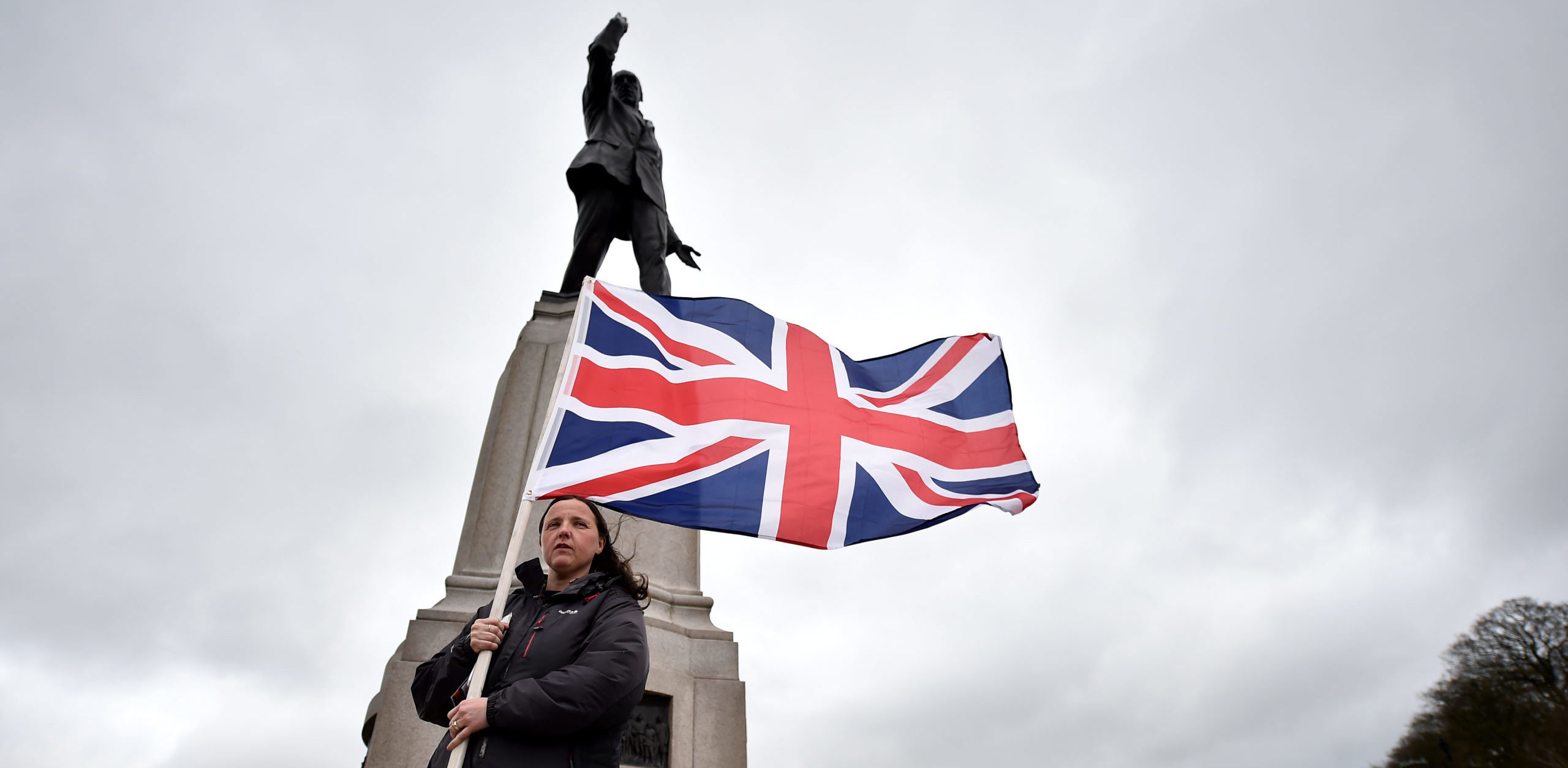If readers were asked to guess whether support among mainland Britons for Northern Ireland remaining part of the United Kingdom would be higher or lower today than in 1998, which would you pick?
Following years of post-Brexit wrangling, Brussels and its sympathisers have told a very one-sided story about the Belfast Agreement and the threat to it posed variously by ‘English nationalist’ Brexiteers and truculent Ulster Unionists.
Little has been done to challenge this narrative, even as Rishi Sunak today seems to be pushing back the announcement of yet another effort to resolve the running sore that is the Irish Sea customs border. So it may be surprising to learn the following from the latest British Social Attitudes survey:
The BSA does not drill down into why they feel this way. However, one possibility is the end of the IRA’s terrorist campaign on the mainland; another is that the Belfast Agreement itself legitimised the Province’s British status in British minds, making the ‘Troops Out!’ view that the UK was an occupying power holding Ulster through force harder to maintain.
While it should be noted that support in Northern Ireland for Irish reunification has risen from 14% in 2015 to 30% now, the British figures are remarkable numbers nonetheless. This is especially so given the widespread assertion that many Brexiteers are ‘English nationalists’ who dislike the EU more than they value other parts of the Union.
It suggests to me that, for all that both the Conservatives and the Unionists have botched making their case since 2016, the very fact of Northern Ireland being a big part of the national debate over the past few years has helped to rekindle support for its position.
Given that those on the Left tend on average to be more sympathetic to the Irish nationalist position, it also seems plausible that the surge in support since 1998 would be especially pronounced among Tory-leaning voters, which is backed up by another BSA finding: “In 2011 24% of Conservative supporters in England said that Scotland should become independent […] Now only 16% of Conservatives express that view”.
So it seems that familiarity with the issue has not bred the anticipated contempt; nor has the prospect of an easier route to power by shedding around 50 reliably anti-Conservative seats from the House of Commons.
All this suggests that Unionism’s decades-long insistence on excluding itself from national politics has been counter-productive. Out of sight is not just out of mind — it’s out of heart, as well.











Join the discussion
Join like minded readers that support our journalism by becoming a paid subscriber
To join the discussion in the comments, become a paid subscriber.
Join like minded readers that support our journalism, read unlimited articles and enjoy other subscriber-only benefits.
Subscribe